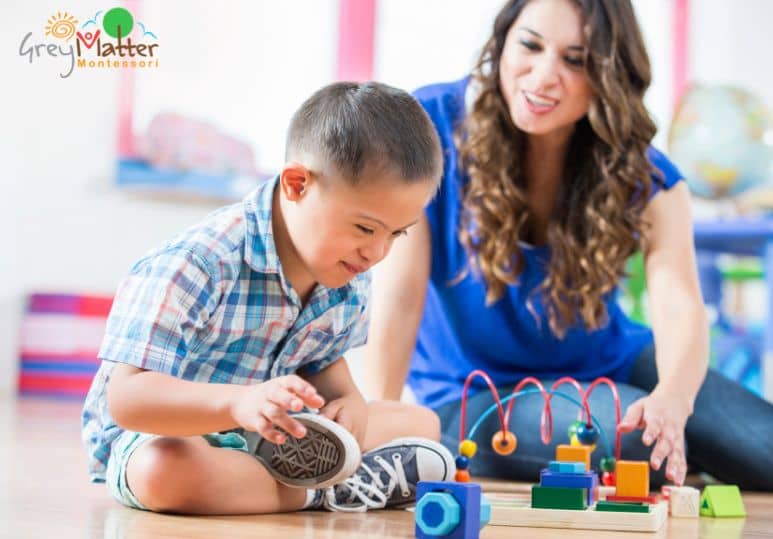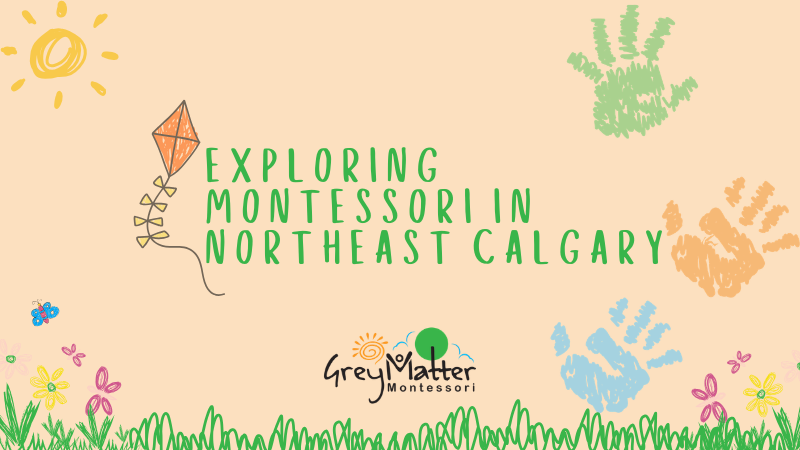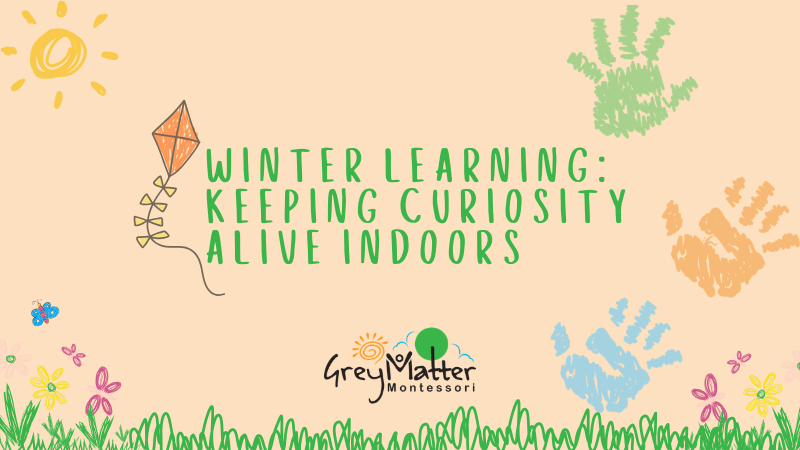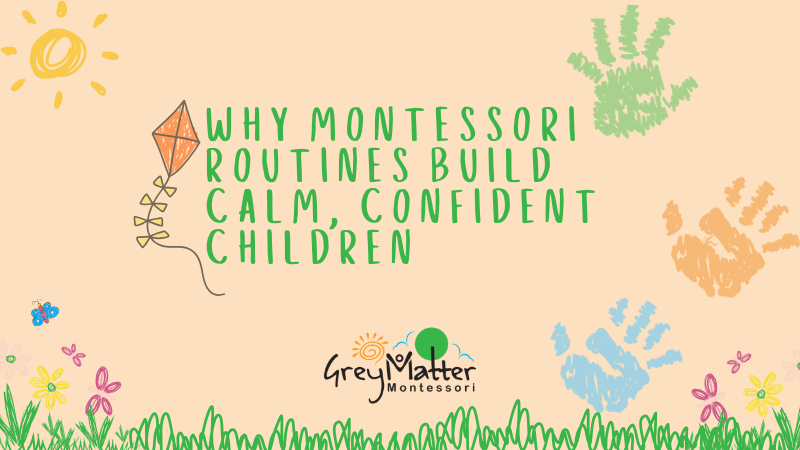Every child is unique, with their own set of strengths, challenges, and learning styles. For children with special needs, finding an educational environment that nurtures their individuality while fostering growth can be a significant concern. This is where the Montessori education approach shines—built on the foundation of inclusivity and individualized learning, it offers a compassionate and effective way to support children with diverse learning needs.
Respecting Individual Abilities
At the heart of the Montessori philosophy lies a profound respect for each child's inherent potential. In a Montessori classroom, children with special needs are embraced for who they are, not seen through the lens of their challenges. The focus shifts from deficits to abilities, and teachers collaborate with students to identify their strengths and interests. This shift in perspective empowers children with a sense of dignity and confidence, allowing them to engage in their learning journey with enthusiasm.
Individualized Learning Plans
One of the most remarkable aspects of the Montessori approach is its dedication to individualized learning. For children with special needs, this means tailored education that acknowledges their unique learning pace and style. Montessori educators create individualized learning plans that cater to specific needs, ensuring that each child's progress is tracked and celebrated. Whether a child requires extra support in certain areas or opportunities for advanced exploration, the Montessori method adapts gracefully to accommodate them.
Multi-Sensory Learning
Many children with special needs benefit greatly from multi-sensory learning experiences, which engage multiple senses simultaneously to enhance understanding and memory retention. The Montessori classroom is a treasure trove of hands-on materials that stimulate various senses. These materials not only provide a more holistic understanding of concepts but also cater to different learning styles. For instance, tactile materials can be particularly helpful for children with sensory processing differences, allowing them to explore and learn in ways that are comfortable for them.
Collaboration and Community
Montessori education fosters a sense of community where collaboration and empathy are nurtured. In such an environment, children with special needs find themselves embraced by peers who value their unique contributions. Older students often mentor younger ones, and the classroom becomes a supportive ecosystem where children learn from one another. This collaborative spirit extends beyond the classroom, involving parents, teachers, and specialists in creating a well-rounded support network. Children with special needs are thus not just integrated into the classroom but actively participate in a community that celebrates diversity.
Montessori education's commitment to inclusivity and individualized learning makes it an ideal environment for children with special needs to flourish. By valuing individual abilities, tailoring learning plans, employing multi-sensory techniques, and fostering collaboration, the Montessori classroom becomes a space of empowerment and growth. In this nurturing environment, children with special needs can find their strengths, develop self-confidence, and embark on a journey of learning that honors their unique path. The Montessori approach reminds us that every child's potential is boundless when given the opportunity and support to shine.
FAQ
Q: What Is the Montessori Method and How Does It Differ from Traditional Education?
A: The Montessori method is an educational approach developed by Dr. Maria Montessori that emphasizes child-centered learning, independence, and hands-on experiences. Unlike traditional education, Montessori classrooms encourage self-directed learning where students choose activities that align with their interests and developmental stage. Traditional education often follows a structured curriculum, while Montessori education allows children to explore subjects based on their individual readiness. Additionally, Montessori classrooms typically feature mixed-age groups, fostering collaboration and mentorship among students. Overall, the Montessori method prioritizes holistic development, self-motivation, and respect for each child's unique learning journey.
Q: How Do Montessori Classrooms Foster Independence and Self-Discipline?
A: Montessori classrooms are intentionally designed to cultivate independence and self-discipline. Children are given the freedom to choose activities from a carefully curated set of materials, promoting a sense of autonomy in their learning. Teachers act as guides, providing support and instruction when needed. The materials themselves are designed to be self-correcting, allowing children to learn from their mistakes and develop problem-solving skills. Through practical life activities, like setting a table or cleaning, children learn essential life skills that boost their confidence and sense of responsibility. By creating an environment that respects their choices and abilities, Montessori education empowers children to become self-reliant learners with a strong sense of discipline.
Q: Can Montessori Education Accommodate Children with Special Needs or Different Learning Styles?
A: Yes, Montessori education is known for its inclusivity and ability to accommodate diverse learning needs and styles. The individualized approach of Montessori classrooms allows for personalized learning plans that cater to each child's strengths and challenges. The multi-sensory materials and hands-on activities employed in Montessori education benefit children with varying learning styles, including those with sensory processing differences. The emphasis on respect for each child's uniqueness creates an environment where children with special needs are embraced and supported. Montessori educators collaborate closely with parents and specialists to ensure that the curriculum and classroom environment cater to the specific requirements of each child.






